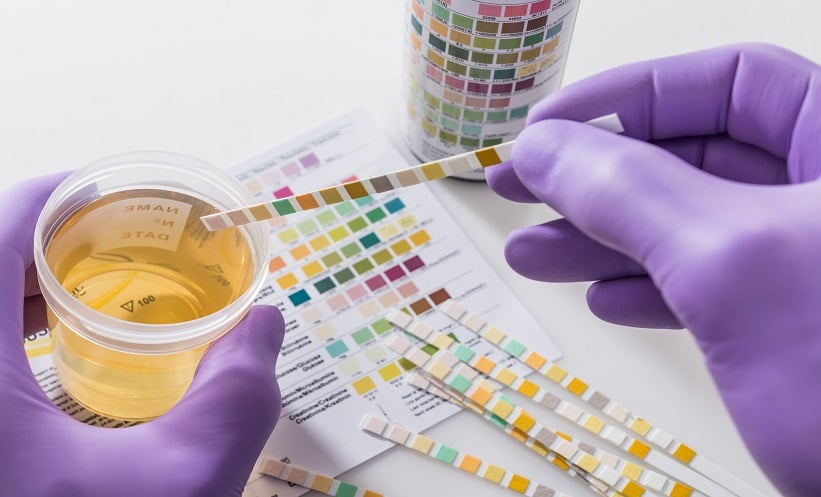RESEARCHERS from China have unveiled, in a new cohort study, that Helicobacter pylori treatment may be beneficial for individuals with a high genetic risk to gastric cancer (GC). As the leading cause of cancer-related deaths worldwide, GC, is a considerable global health concern. It can occur in any part of the stomach and symptoms commonly include heartburn, acid reflux, nausea and dysphagia. Helicobacter pylori is a type of bacteria that infects the lining of the stomach and can result in indigestion, bloating or nausea. Evidence suggests that some cases of H. pylori infection can elevate the risk of non-Hodgkin lymphoma and stomach cancer.
To better understand this association, Heng-Min Xu, and colleagues, from Peking University Cancer Hospital & Institute, Beijing, China, investigated whether treating individuals with nutrient supplementation and H. pylori treatment, lowered the associated risk of GC. The study used follow-up data of the Shandong Intervention Trial (SIT, 1989-2022) and China Kadoorie Biobank (CKB, 2004-2018) in China. Primary outcomes were the progression of gastric lesions (in SIT only) and the risk of GC. The associations of H pylori treatment and nutrition supplementation with GC were evaluated among SIT participants with different levels of genetic risk.
Overall, 2816 participants (mean [SD] age, 46.95 [9.12] years; 1429 [50.75%] women) in SIT and 100 228 participants (mean [SD] age, 53.69 [11.00] years; 57 357 [57.23%] women) in CKB, with 147 GC cases in SIT and 825 GC cases in CKB identified during follow-up. A polygenic risk score (PRS) integrating 12 genomic loci associated with gastric lesion progression and incident GC risk was derived, which was associated with GC risk in CKB (highest vs lowest decile of PRS: hazard ratio [HR], 2.54; 95% CI, 1.80-3.57) and further validated in the analysis of 702 case participants and 692 control participants (mean [SD] age, 54.54 [7.66] years; 527 [37.80%] women; odds ratio, 1.83; 95% CI, 1.11-3.05).
Notably, H pylori treatment was found to be associated with reduced GC risk only for individuals with high genetic risk (top 25% of PRS: HR, 0.45; 95% CI, 0.24-0.82) but not for those with low genetic risk (HR, 0.81; 95% CI, 0.50-1.34; P for interaction =0.03). Based on these findings, the authors emphasised the benefits of H pylori treatment for individuals with high genetic risk of gastric cancer.
Helena Bradbury, EMJ
Reference
Xu HM et al. Helicobacter pylori Treatment and Gastric Cancer Risk Among Individuals With High Genetic Risk for Gastric Cancer. JAMA Network Open. 2024;7(5):e2413708.








